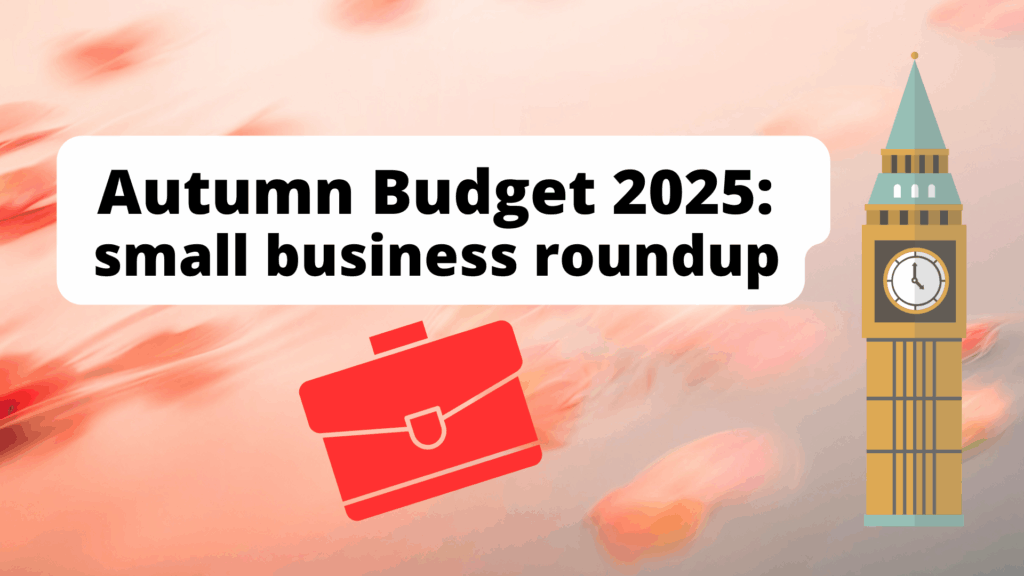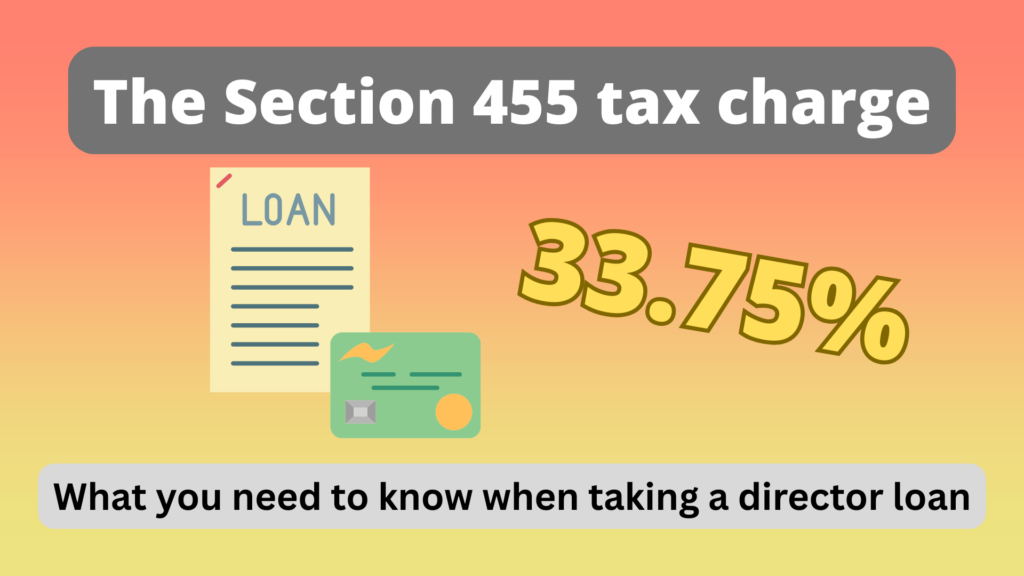The start of a new year is the perfect time to reset and put better habits in place — and that applies just as much to your business finances as to personal goals.

For small business owners, making tax planning part of your New Year’s resolutions can save time, reduce stress and often result in real financial savings.
Why early tax planning matters
One of the biggest challenges we see is business owners leaving tax planning until the last minute. Leaving it late means your options are limited and decisions rushed.
The UK tax year runs from 6 April to 5 April, and many allowances reset at the start of each new tax year, meaning you either use them within the year or lose them altogether.
Early planning gives you flexibility – allowing you to spread costs, use allowances efficiently and make informed decisions about income, investments and pensions.
New Year’s Tax Resolutions for 2026
To get ahead this year, consider setting a few practical tax-focused resolutions:
1. Make Use of Personal Allowances Before They Reset
Several tax allowances don’t roll over from one year to the next. Key ones include:
- Personal allowance
- Dividend allowance
- Capital gains allowance
- Savings allowance
- ISA allowance
Even small contributions or transfers before the year end can preserve tax efficiency and reduce future liabilities.
3. Review Dividends, Salary & Benefits as a Director
For business owners and company directors, year-end planning is even more important.
Common considerations include:
- balancing salary vs dividends
- employer pension contributions
- benefits in kind and P11D reporting
- shareholder distributions
- timing of bonuses
Getting this mix right can meaningfully reduce personal and corporation tax liabilities over the year.
4. Remember that Pension Contribution is a Key Tax Tool
Pensions continue to offer some of the best tax reliefs available in the UK.
Contributions can:
- reduce taxable income
- help avoid higher tax bands
- support long-term planning
Directors may also benefit from contributing through the company, which can reduce corporation tax and improve overall efficiency.
5. Make Use of ISA Allowances for Tax-Free Growth
ISAs provide tax-free growth and income, making them a cornerstone of personal tax planning. Using each year’s allowance can make a material difference over time thanks to compounding.
6. Consider Capital Gains Timing
Capital Gains Tax (CGT) can often be managed by timing disposals across tax years. Examples include:
- selling shares or investments
- disposing of property (not main residence)
- selling business assets
Splitting disposals or using allowances over multiple years may reduce CGT exposure.
7. Review Property & Rental Income Strategy
Landlords should consider:
- allowable expenses
- repairs vs improvements
- mortgage interest considerations
- company vs personal ownership
- timing of refurbishments
Rental income is highly sensitive to how expenses are claimed and structured.
Upcoming changes to be aware of
Property rates measure:
This measure will introduce separate tax rates for property income from April 2027. The rates for the 2027 to 2028 tax year will be
- the property basic rate at 22%
- the property higher rate at 42%
- the property additional rate at 47%
This will apply to England, Wales and Northern Ireland.
Savings rates measure:
The tax rates for savings income will increase from April 2027. The rates for the 2027 to 2028 tax year will be:
- the savings basic rate at 22%
- the savings higher rate at 42%
- the savings additional rate at 47%
Dividend rates measure:
The tax rates for dividend income will increase from April 2026. The rates for the 2026 to 2027 tax year will be:
- the dividend ordinary rate at 10.75%
- the dividend upper rate at 35.75%
- the dividend additional rate will remain at 39.35%
Smart tax planning is simply about timing — knowing when to make contributions, investments, purchases or distributions.
Common Mistakes to Avoid in 2026
The most frequent year-end tax mistakes include:
- leaving planning until March or April
- failing to claim available allowances
- not considering pensions
- ignoring dividends until year end
- not tracking expenses throughout the year
- poor bookkeeping and record keeping
- Many of these are simple fixes when done early.
When to Seek Professional Advice
Tax planning doesn’t need to be complicated, but it does need to be intentional.
The right strategy depends on your:
- income level
- business structure
- investment mix
- property exposure
- goals (personal or business)
Summing up
With ongoing changes to tax rules, thresholds and reporting requirements, staying informed has never been more important. Building tax planning into your regular business routine puts you in a much stronger position.
A little preparation now can prevent last-minute panic later and help you make confident decisions throughout the year.
If you’d like support reviewing your tax position or putting a plan in place for 2026, now is the perfect time to start. As Lune Valley accountants we’re here to help you make the best of your small business. Contact us today to find out more.









